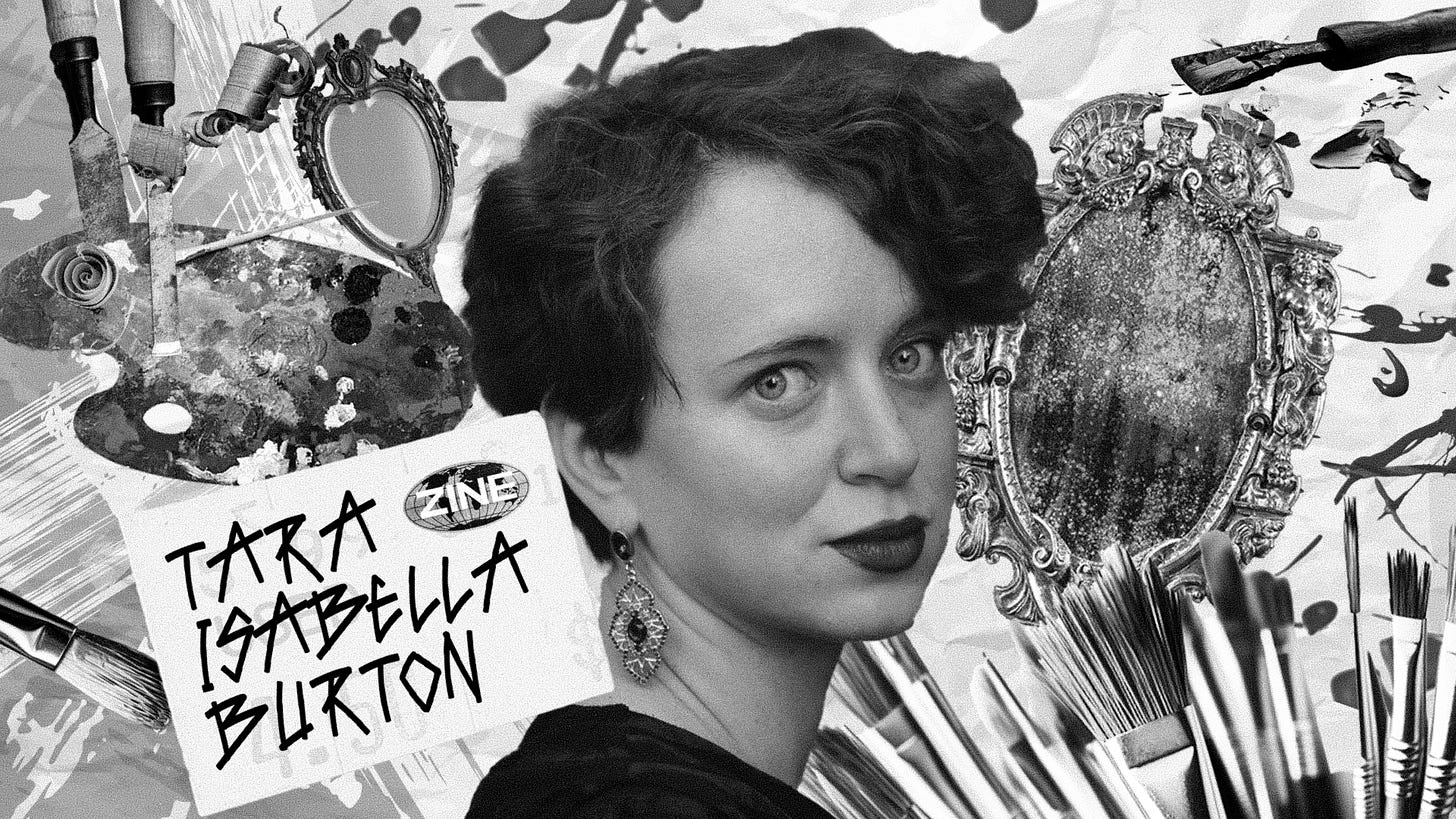Interview with Tara Isabella Burton: Self-Made, the History & Future of Self-Curation
An Exclusive Q&A with Tara Isabella Burton, Author of Self-Made
Last year I came across Tara Isabella Burton’s book, Strange Rites: New Religions for a Godless World, my favorite read of the year and further, inspiration for the related ZINE piece: Modern Religions.
Tara recently published her latest book, Self-Made:
“In a technologically-saturated era where nearly everything can be effortlessly and digitally reproduc…


